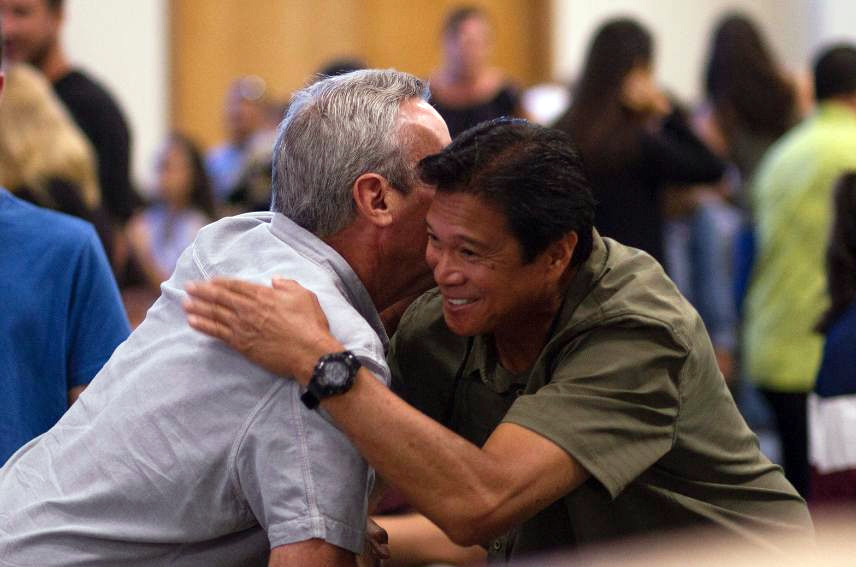In the year to August 2023, the NSW ClubGRANTS scheme has given a whopping $121 million to over 9,050 deserving charities, community groups and health organisations across the state.
A partnership between the NSW Government and ClubsNSW, ClubGRANTS was formed in 1998 to formalise clubs supporting local community endeavours.
This total has exceeded the mandatory minimum contribution required under the ClubGRANTS Guidelines, determined by the NSW government and overseen by Liquor and Gaming NSW, by $50 million.
The grants support a range of community services, programs and special projects over three categories.
The first two categories are allocated by clubs, the first being for projects or services which contribute to the broader community, and the second for projects related to the club’s core activities. The third category covers infrastructure grants, which is administered by the Office of Responsible Gambling.
Eligible participants are registered clubs that earn $1 million or more in gaming machine profit each year. This year, there were 458 participants of approximately 1,100 clubs across NSW.
Full eligibility is outlined in the Guidelines, which are updated regularly based on feedback received.
Applications are reviewed by local Committees who then make funding recommendations.
Under Category 1, some of this year’s major beneficiaries were:
- Learning Links – $1,653,474
- Oakdene House Foundation – $553,554
- Ted Noffs Foundation – $525,450
- Little Wings – $486,867
- Disaster Relief Australia – $72,562.
Under Category 2, the top recipients were:
- Bulldogs Rugby League Club Ltd — $4.5 million
- South Sydney District Junior Rugby Football — $2.2 million
- Brighton Lakes Recreation and Golf Club — $1.7 million
- St Johns Park Bowling Club — $805,000.
A full list of current recipients can be found here.
This latest round brings the total figure for grants given by ClubGRANTS since its inception to over $1.5 billion.
CEO of ClubNSW Rebecca Riant said that ClubGRANTS helps realise the core purpose clubs were initially created for, which is to support local community activities and organisations.
Ms Riant said that charities across a wide range of vital services send thousands of applications for grants each year, and without ClubGRANTS these charities would not be able to provide as much assistance to their communities.
She said that ClubGRANTS also ensures funds are reinvested in facilities and services which benefit both club members and the broader community, ensuring participation in club activities is as accessible and affordable as possible.
“Of course, ClubGRANTS are just one way that the industry makes their communities better places to live. Clubs also support more than 75,000 jobs, contribute nearly 500,000 volunteer hours annually and put on over 10,000 free entertainment events each year. I could not be prouder to represent this industry” said Ms Riant.
A report outlining ClubGRANTS case studies can be found here.

